
What are the digital marketing tools in 2025. Digital marketing in 2025 is evolving at a breathtaking pace, and navigating this dynamic landscape requires not only creativity and adaptability but also a deep understanding of the tools available. In this friendly guide, we explore the digital marketing tools that are reshaping the industry and enabling businesses to connect with audiences like never before. Whether you’re a seasoned marketer or just starting out, the journey to mastering these tools is filled with exciting opportunities and innovative strategies.
Understanding What are the digital marketing tools in 2025
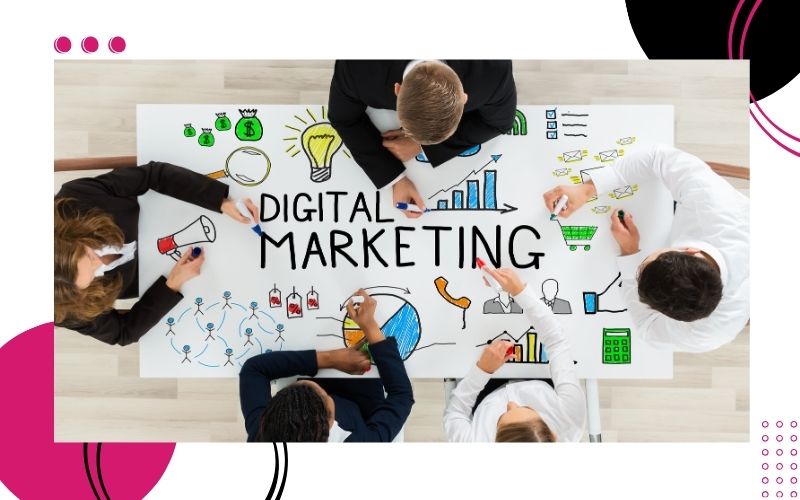
The foundation of any successful digital marketing strategy lies in knowing what are the digital marketing tools that can drive growth. Over the past few years, we have witnessed an explosion of technologies designed to streamline workflows, analyze consumer behavior, and optimize campaigns. Today, the spotlight is on integrated platforms that combine data analytics, automation, and artificial intelligence (AI) into one seamless package. In 2025, marketers are not just using tools for basic social media posting or email campaigns—they are leveraging advanced technologies that predict trends, personalize customer experiences, and measure engagement with pinpoint accuracy.
One of the most significant trends is the rise of all-in-one marketing platforms that provide real-time insights. These tools merge data from various channels, giving marketers a holistic view of their performance. By understanding what are the digital marketing tools that offer cross-channel integration, businesses can ensure that every piece of the marketing puzzle works together to create a cohesive narrative. This interconnected approach makes it easier to adjust strategies on the fly, optimize spending, and ultimately, connect with customers in more meaningful ways.
Innovative Strategies: What are the digital marketing tools shaping customer engagement
Customer engagement has always been at the heart of digital marketing, and the tools available in 2025 are more sophisticated than ever. Marketers are now using interactive content platforms, immersive augmented reality (AR) experiences, and dynamic personalization engines to captivate audiences. These innovative tools are not only making campaigns more engaging but also more measurable. For instance, platforms that integrate live video streaming with real-time feedback allow brands to create interactive sessions where viewers can participate in Q&A sessions, polls, and giveaways—all while tracking engagement metrics instantaneously.
What are the digital marketing tools that foster such high levels of interaction? The answer lies in software that blends creativity with data. By using platforms that offer predictive analytics, marketers can design campaigns that resonate with target demographics, ensuring that every interaction counts. This not only helps in building lasting relationships with customers but also in refining strategies based on immediate feedback. As brands continue to adopt these advanced tools, the lines between digital and physical experiences are blurring, creating a more immersive and interactive customer journey. (Read More: US Dollar in Philippine Peso: Daily Exchange Rate Analysis).
Leveraging Data: What are the digital marketing tools for effective analytics

Data is the new currency in digital marketing, and understanding what are the digital marketing tools that make sense of this data is crucial for success. In 2025, the sophistication of analytics platforms has reached new heights. These tools collect vast amounts of data from social media, search engines, websites, and even offline interactions, transforming it into actionable insights. The integration of AI and machine learning algorithms means that these platforms are now capable of predicting customer behavior, identifying emerging trends, and even suggesting the next best action in real time. (Read More: ).
Marketers who harness these advanced analytics tools are better equipped to create personalized experiences that drive engagement and conversion. For example, segmentation tools powered by AI can analyze past customer behavior and predict future purchasing patterns, allowing for hyper-targeted campaigns. By understanding what are the digital marketing tools that provide such in-depth insights, businesses can fine-tune their strategies, optimize budgets, and significantly improve the return on investment (ROI) for every campaign. This data-driven approach is paving the way for smarter decision-making and more agile marketing practices.
Enhancing Content Creation: What are the digital marketing tools fueling creativity
Content remains king in digital marketing, and in 2025, the methods and tools used to create compelling content have become more advanced and accessible. Today’s content creation tools go far beyond simple text editors or basic design software. They include sophisticated video production suites, graphic design platforms with AI-powered recommendations, and interactive content generators that allow for the creation of quizzes, polls, and augmented reality experiences—all designed to engage audiences on multiple levels. (Read More: Financial Planning Questions to Ask When Starting a Business)
So, what are the digital marketing tools that are fueling this creative revolution? Many of these platforms now come equipped with features that automatically optimize content for search engines, social media, and even mobile devices. They offer templates, intuitive design elements, and collaboration features that allow creative teams to work together seamlessly, regardless of their location. This integration of creativity and technology means that brands can produce high-quality content faster and more efficiently, ensuring that their messaging remains fresh, relevant, and visually appealing in an ever-changing digital environment.
Social Media Integration: What are the digital marketing tools connecting brands to audiences
Social media continues to be a dominant force in digital marketing, and the tools used to manage these channels have become incredibly sophisticated by 2025. With the increasing importance of social proof and user-generated content, businesses are turning to tools that not only schedule posts but also analyze sentiment, track engagement, and even manage crisis communications in real time. The key question remains: what are the digital marketing tools that enable seamless social media integration?
Modern social media management platforms now offer unified dashboards that consolidate multiple networks into a single view. This allows marketers to monitor conversations, track mentions, and respond promptly to customer inquiries. Advanced features such as AI-powered content curation and automated response suggestions ensure that brands maintain an active presence without overwhelming their teams. Additionally, these tools often integrate with e-commerce platforms, providing a direct link between social media engagement and online sales. This holistic approach makes it easier for businesses to convert social interactions into tangible outcomes, all while maintaining a friendly and authentic online persona. (Read More: Dollar US to Euro: Key Factors Driving Currency Fluctuations).
Automation and AI: What are the digital marketing tools revolutionizing campaign management
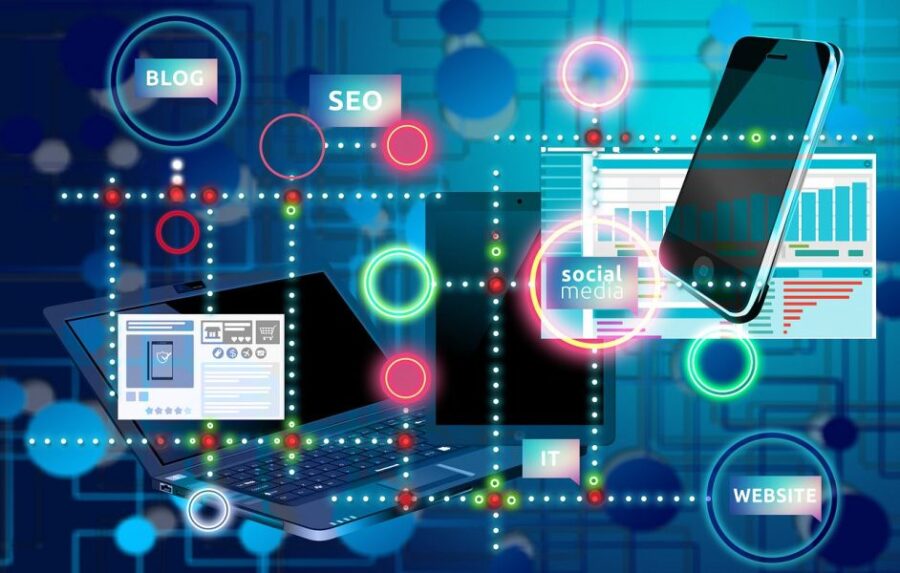
Automation and artificial intelligence are at the forefront of the digital marketing revolution. By 2025, automation tools have evolved to handle complex workflows that once required manual oversight, freeing up marketers to focus on strategy and creative thinking. The question, what are the digital marketing tools that drive this transformation? Today’s platforms are capable of automating everything from email drip campaigns and social media posts to intricate customer journey maps and lead nurturing processes.
AI-powered chatbots, for instance, are now more conversational and context-aware, offering personalized responses that mirror human interaction. These tools not only enhance customer service but also gather data on user preferences and behavior, which can then be fed back into the marketing strategy. Marketing automation platforms are becoming increasingly intelligent, learning from every interaction to refine targeting, optimize content delivery, and even forecast trends. This integration of automation and AI means that campaigns are not only more efficient but also more adaptive to real-time market conditions, ensuring that brands stay ahead of the curve in an increasingly competitive landscape. (Read More: Business Acumen in the Digital Age: Leveraging Data for Strategic Decisions in 2024)
The interplay between human creativity and technological innovation is redefining the way digital marketing operates. With each new tool that enters the market, marketers have more opportunities to experiment, learn, and grow. By embracing these technologies, businesses are not only keeping pace with change but actively shaping the future of digital engagement. The landscape in 2025 is one of endless possibilities, where the boundaries of creativity and data-driven strategy converge to create marketing campaigns that are as dynamic as they are effective.

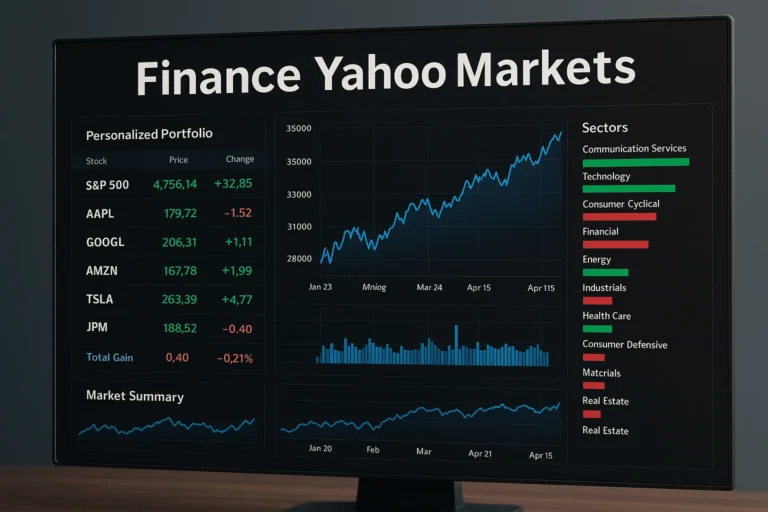
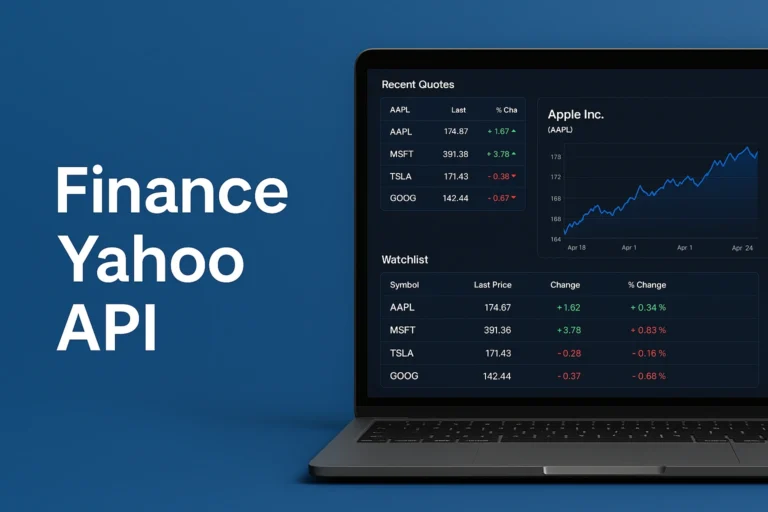
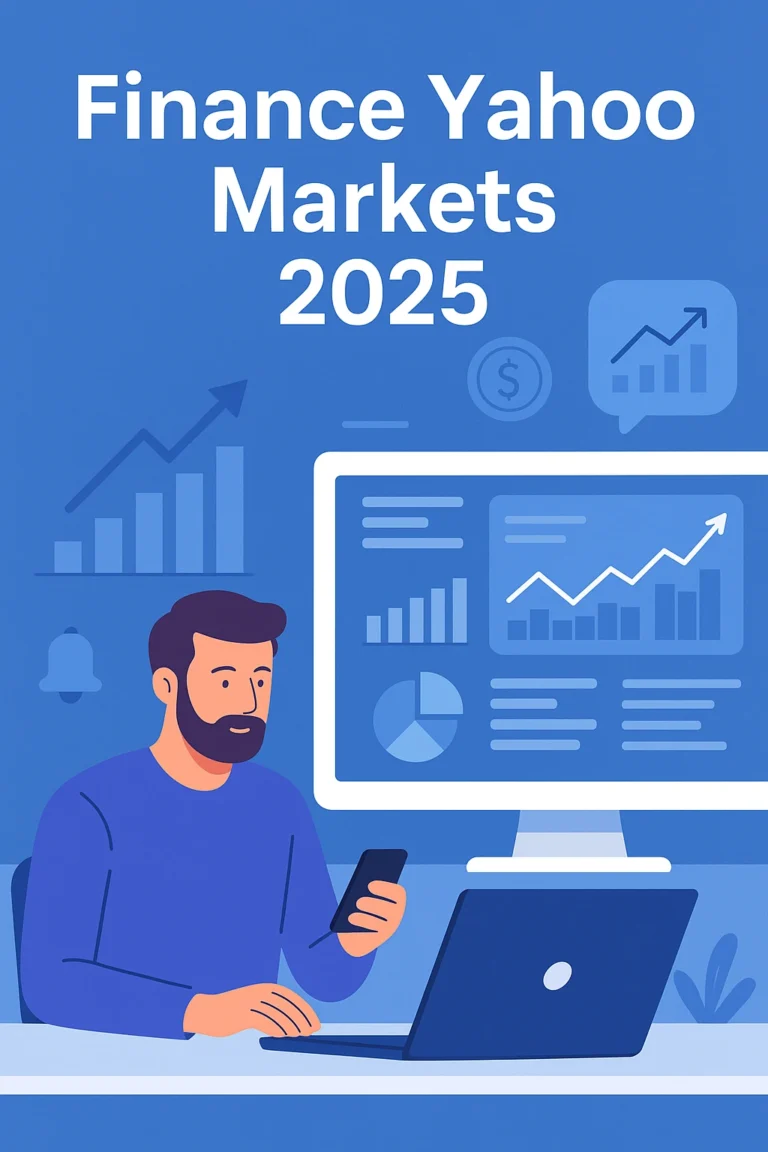
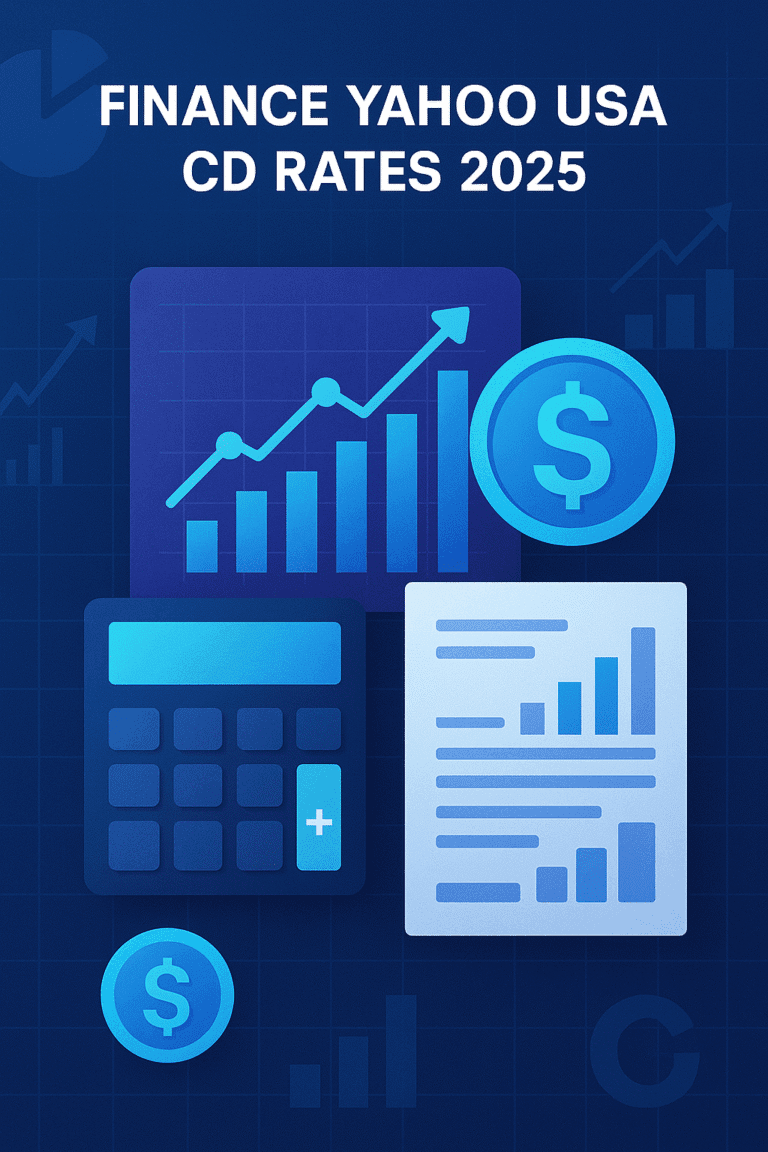
2 thoughts on “What are the digital marketing tools in 2025”